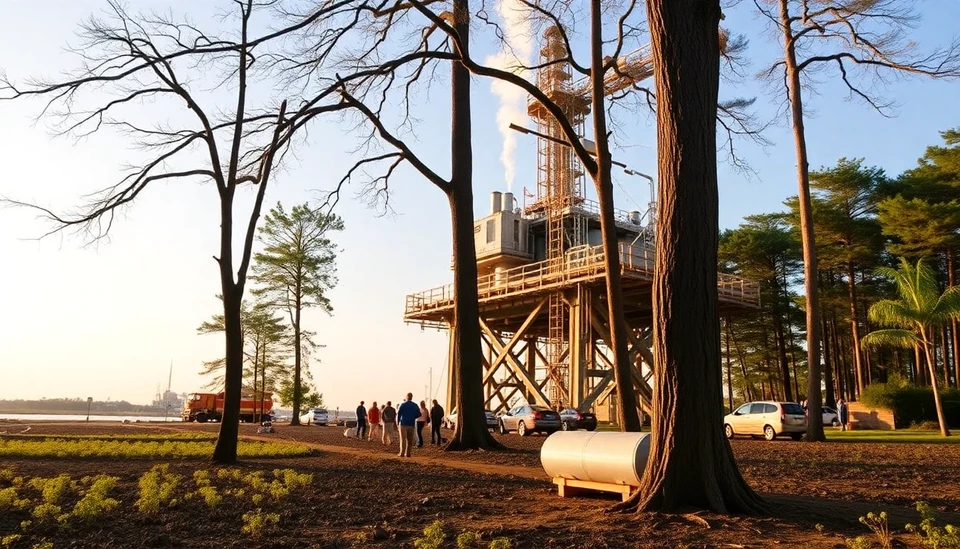
Australian energy company, Woodside Energy Ltd., has underscored the critical role that carbon credits play in tackling emissions that are notoriously difficult to mitigate. As climate change continues to present an urgent challenge, the demand for innovative solutions has led Woodside to advocate for the enhanced utilization of carbon credits as a mainstream strategy for managing greenhouse gas emissions.
In a recent statement, Woodside's leaders emphasized that a significant portion of the emissions generated from global energy production cannot be easily reduced through technological advancements alone. This sentiment aligns with the growing understanding in the industry that while improving efficiencies and adopting cleaner technologies are vital, carbon credits provide a complementary approach that can help cover the emissions that remain unaddressed.
Carbon credits are generated through various projects that reduce, avoid, or sequester carbon dioxide emissions into the atmosphere, such as reforestation and renewable energy initiatives. Woodside has been involved in similar projects, suggesting that by harnessing carbon credits, companies can take meaningful steps towards offsetting their emissions and achieving their sustainability goals.
Woodside's advocacy comes at a time when the energy sector faces increasing pressure from both regulators and the public to demonstrate accountability in their carbon footprints. The company believes that establishing a robust carbon credit market can facilitate this responsibility, providing tangible pathways for businesses to engage positively in climate action.
Moreover, Woodside has highlighted the importance of ensuring the integrity of carbon credit systems. As the market for carbon credits expands, ensuring that credits represent real, verifiable, and permanent emissions reductions becomes increasingly crucial. Woodside’s leaders have called for stringent regulatory frameworks to safeguard this integrity, which will, in turn, enhance trust in the carbon credit systems among stakeholders.
The company’s commitment to sustainability will also be reflected in their ongoing projects and partnerships, aimed at not just reducing emissions but also contributing to broader environmental goals. Woodside posits that with a focused strategy on both emissions reduction and the use of carbon credits, energy companies can make significant strides in enhancing their overall impact on climate change.
The dialogue surrounding carbon credits is set to evolve further as more companies begin to recognize the need for collaborative efforts in combating climate change and driving sustainable development. Woodside's push for carbon credits as an essential tool in this landscape could very well shape the narrative around emissions management in the future.
In summary, as the urgent issue of climate change continues to escalate, Woodside Energy Ltd. champions a dual approach to emissions management that includes both technological advancement and an expanded role for carbon credits, paving the way for meaningful progress towards a more sustainable energy future.
#WoodsideEnergy #CarbonCredits #Sustainability #ClimateAction #EnergySector #EmissionsReduction #GreenhouseGases
Author: Megan Clarke




